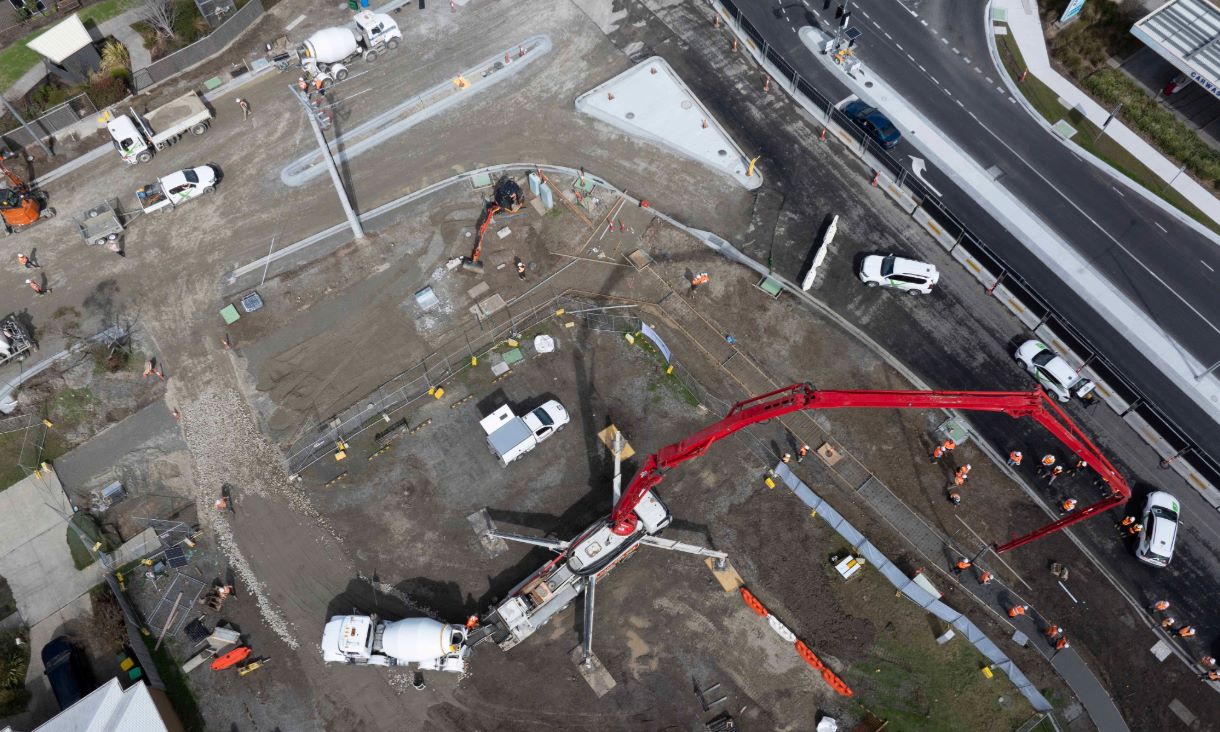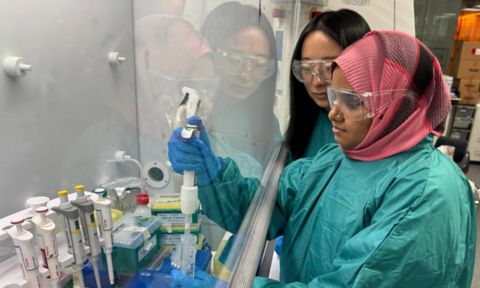5G home internet challenges NBN, but mass shift still a way off: study
Most Australians who have 5G are content with it, yet few actively seek it out or plan to switch in the short term, a study from RMIT University has found.
Zapping stem cells could boost growth of new tissues and organs
Scientists in Melbourne have discovered how tiny electrical pulses can steer stem cells as they grow, opening the door to new improved ways of creating new tissues, organs, nerves and bones.
Cairns Airport mangrove study sets new standard for Indigenous-led research on country
A new study highlights how Indigenous leadership, science and business can unite to protect coastal ecosystems while building long-term environmental and cultural knowledge.
First Nations Australians twice as likely to be digitally excluded
First Nations Australians are twice as likely as other Australians to be digitally excluded and face barriers to accessing, affording and using the internet. For those living in remote Australia, the barriers are much greater.
Coffee waste helps make lower carbon concrete
RMIT researchers are advancing new ways to cut the carbon footprint of infrastructure by turning everyday organic waste into useful construction materials.
RMIT research innovates social change through climate justice
RMIT research has revealed how marginalised voices can be championed in shaping policy on decarbonisation efforts in Europe.
The impact of early life events on lifelong health
RMIT researchers are investigating the earliest moments of life and their role in the development of neurodevelopmental disorders.
Blood test offers hope for more effective ovarian cancer treatment
A major collaboration has revealed a blood test to guide more effective ovarian cancer treatment, by identifying the women more likely to respond to a treatment known as PARP inhibitor therapy.
Life-changing prison exchange program up for national innovation prize
A partnership with Corrections Victoria allowing incarcerated people to study a subject on crime and justice together with students from RMIT University has been recognised for its positive impact.
Digital divide narrows but gaps remain for Australians as GenAI use surges
The Australian Digital Inclusion Index has found almost half of Australians recently used generative AI tools, raising new opportunities and challenges for digital inclusion.
Low carbon roof tiles give industrial waste a new home
A large-scale trial of sustainable roof tiles by RMIT and Bristile Roofing has shown that incorporating coal ash and glass waste can reduce their carbon footprint.
Tiny metal particles show promise for targeted cancer treatments
An international research team led by RMIT University has created tiny particles, known as nanodots, made from a metallic compound that can kill cancer cells while leaving healthy cells largely unharmed.
















